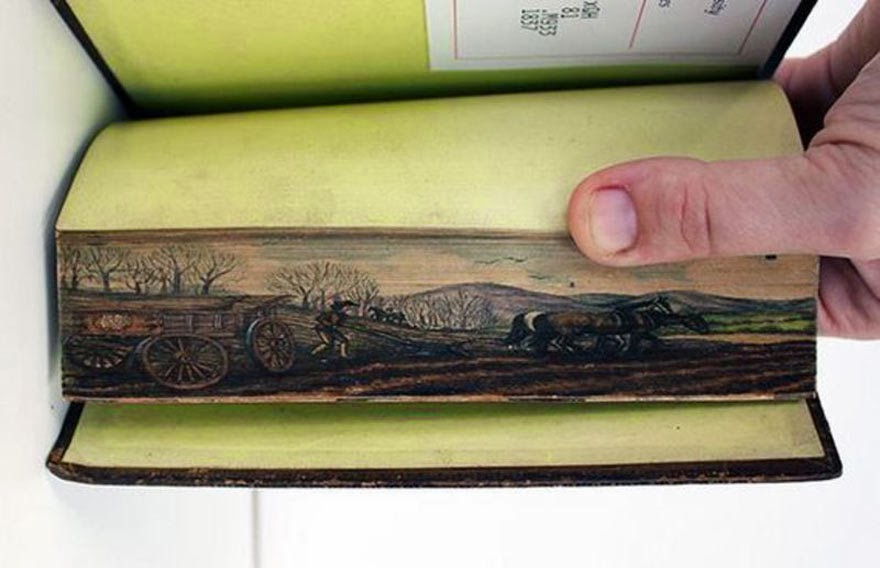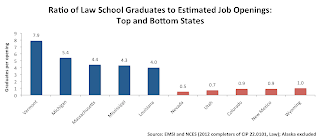Should State Bar Membership Be Voluntary In Michigan?
Senator Meekhof recently introduced SB 743 in Michigan to change the membership of the State Bar of Michigan from mandatory to voluntary. The Bill would: "No longer require that individuals pay a periodic fee for continued membership in the State Bar, require that individuals who designate themselves 'attorneys or counselors' be licensed to practice law in Michigan, and require that all individuals who practice law in the state do so in compliance with the requirements of the Michigan Supreme Court." As of 1/23/14, the Bill has been referred to the Committee on Government Operations. The Bill comes after recent scrutiny of the State Bar when it urged mandatory disclosure of those financing judicial campaign ads. "Republican Sen. Arlan Meekhof of West Olive says the bar association has become more 'political' and not all lawyers agree with its actions. Meekhof said Thursday that the bill's intent isn't to let attorneys' off the hook






